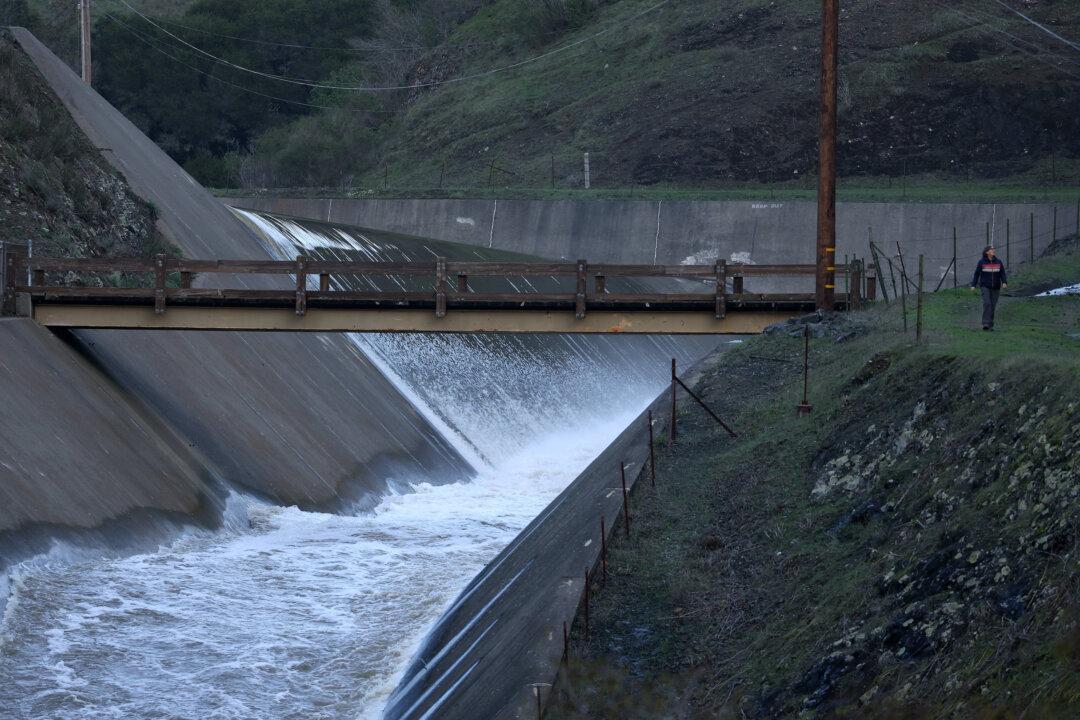California Gov. Gavin Newsom announced on Dec. 23 an agreement with the Biden administration to regulate water supplies that serve up to 30 million residents.
“We know what the future has in store for our state: hotter hots and drier dries. That means we have to do everything we can now to prepare and ensure our water infrastructure can handle these extremes,” Newsom said in a statement. “Thanks to the support of the Biden–Harris administration, California is taking action to make our water systems more resilient and lay the groundwork for new capacity in the future.”





